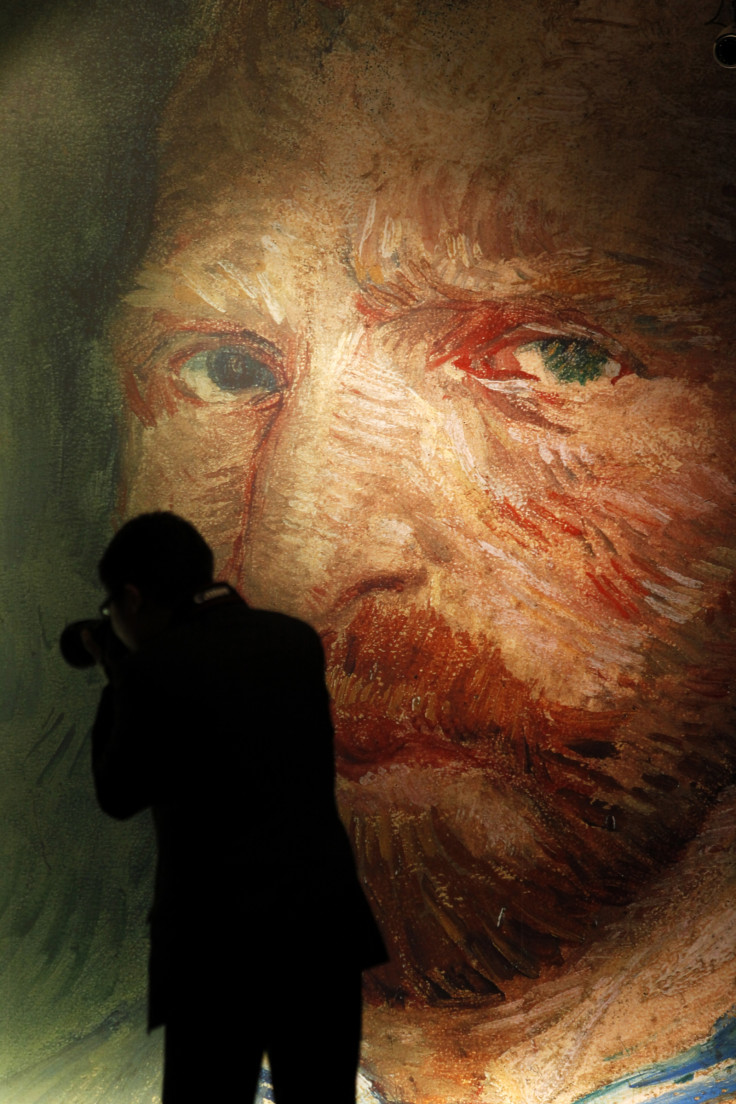Creativity and psychosis 'share genetic roots'

Creativity and psychiatric disorders such as schizophrenia and bipolar disorders share genetic roots, a study has found.
A link between psychosis and creativity has long been discussed, with epidemiological studies often showing an overlap between these disorders and creative individuals – an overlap that appears to be independent of IQ.
However, it is unclear if the association is because of common environmental factors or genetics.
Scientists from deCODE Genetics in Reykjavík, Iceland, have now found a genetic basis for psychosis and creativity.
The study, published in the journal Nature Neuroscience, looked at whether common genetic variants affect the risk of bipolar disorder and schizophrenia using data from large studies including over 150,000 individuals who were either healthy or had one of the two disorders.
"Here we investigated whether common variants that affect the risk of schizophrenia and bipolar disorder, and thus are potentially detrimental to the individuals who carry them, may also underlie cognitive traits that can be advantageous to society," the authors wrote.
Findings provided support for the idea that the genetic factors increase the risk of certain psychiatric illnesses could also influence the creative aptitude of unrelated, healthy individuals.
Researchers first found the genetic variants associated with increased disease risk. They then applied these findings to predict disease risk in over 86,000 individuals from Iceland – the same variants predicted whether the participants (without suffering from any psychiatric disorders) were members of the national artistic societies.
Next, the team found the same variants could be used to predict whether people from separate groups in Sweden and the Netherlands were employed in creative professions.
The relationship between all groups could not be accounted for through IQ, education attainment or how closely a participant was related to someone with schizophrenia.
"Our study lends support to direct influences of genetic factors on creativity as opposed to sharing an environment with individuals with psychosis influencing creative aptitude," they wrote.
"Thus, the main finding presented here is that creativity, conferred, at least in part, by common genetic variants, comes with an increased risk of psychiatric disorders conferred by the same genetic variants. How this genetic overlap fits into evolutionary models of disease persistence remains to be determined."
Kari Stefansson, lead author of the study, said: "We are here using the tools of modern genetics to take a systematic look at a fundamental aspect of how the brain works. The results of this study should not have come as a surprise because to be creative you have to think differently from the crowd and we had previously shown that carriers of genetic factors that predispose to schizophrenia do so."
© Copyright IBTimes 2025. All rights reserved.






















